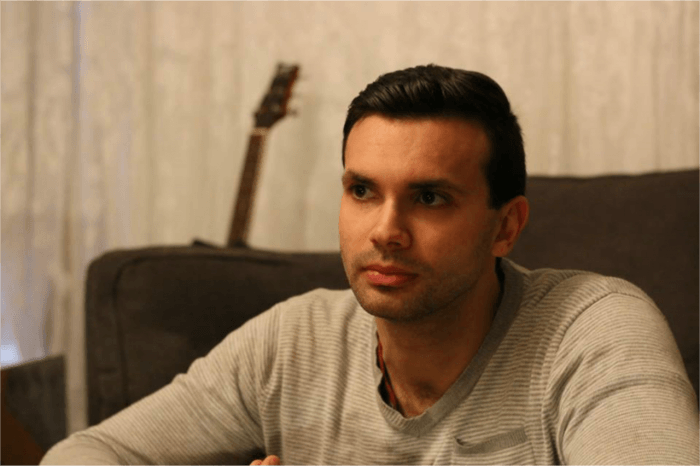Why People Join Cults
FTC Statement: Reviewers are frequently provided by the publisher/production company with a copy of the material being reviewed.The opinions published are solely those of the respective reviewers and may not reflect the opinions of CriticalBlast.com or its management.
As an Amazon Associate, we earn from qualifying purchases. (This is a legal requirement, as apparently some sites advertise for Amazon for free. Yes, that's sarcasm.)

by Rhys Hagan
Isolation and dependence. Remember those words. They form the cornerstone of totalitarianism which is essential for cults to prosper. Being isolated from the outside world limits what can influence you while developing a sense of elitism due to access to, what members are led to believe is, an exclusive ‘truth’. Dependence ensures that members are convinced the knowledge and status that comes with it are only available to them through participation in group meetings. Denying the leader or doctrine often not only results in a loss of access to this ‘truth’, but also excommunication and punishment. Members end up dependent on the group for a sense of value, for socializing (as they are isolated from the rest of the world), and often for their very safety.
After spending six years in a Christian church which was becoming more radical with each year, I discovered I had ended up in a cult.
Both isolation and dependency are first established in potential members with something that may surprise you—love. From what I’ve seen, radical groups are almost solely made up of vulnerable people who reach out to these groups because they need a support network due to personal afflictions. Such hardships may include; illness (including mental illness), people with learning disabilities, single parents, people who have lost loved ones, victims of abuse, and low socio-economic families. That’s when the leaders are all too happy to shower you with affection, validation, and empty promises. The head of leadership at the church I attended once told me, ‘I have to seem more welcoming when we have newcomers, otherwise I’ll scare them off.’
While there is a strategy in which cult leaders deliberately beguile people, their intentions are not always nefarious. I firmly believe that, of all the participants at my old church, the leader was the most deceived because she genuinely believed she was doing the right thing.
While love helps convince someone to join the group, fear is what convinces them to stay. Fear of being separated from the ‘truth’ they’ve invested so much into, fear of rejection from what has become they’re only social group, and fear of hell or the non-spiritual equivalent for non-spiritual cults.
A paralyzing combination of self-righteousness, fear, and determination consumes the mind of the member so that the leaders can go as far as to redefine emotions and actions. To excommunicate or vilify a person is to love them—to become attached to a person or thing outside the group is betrayal—to feel fear or apprehension is to be deceived or sinful. It’s not just isolating someone from the outside world which works to the cult leaders advantage, but reconfiguring an individual so they could no longer function outside the group.
While the above sums up the majority of members within a cult there are exceptions to the rule. Primarily, people who join while being fully equipped to begin their own radical gathering. Someone who joins, not for the support, but because they want to believe in any cause which puts them in the spotlight. A narcissistic show pony with the potential to become a ruthless tyrant. They’ll display similar qualities as the leader; sudden changes of mind, humiliating other members, and an addiction to attention. The leader of the group will either see someone who they can groom to become a miniature version of themselves, or they’ll see an individual with the assets to usurp them.
The reasons I joined aren’t the same as the reasons others did. I think that saying there is a single reason why people are attracted to radical groups would be naive, but there certainly are common denominators.
As for the reasons I joined, I was vulnerable (as my parents had just separated), young, and I wanted to do something good that was bigger than myself. But, most importantly, I was raised in churches. I’d been fed the doctrine my entire life which meant hearing it one more time was insignificant. Only this time, it came with the promises if friendship, community, love, and even marriage as the pastors offered up their daughters to entice me.
There are more valuable lessons I took from my time in the church than there are hairs on my head, but one of the more potent ones is to never forego critical thinking. We have the right to challenge all things and any authority that demands not to be challenged is corrupt. This lesson has followed me since and was reiterated during my military training in which I was told I had an obligation to disobey unlawful orders.
In all things remember you are a part of what you abide with. To passively follow a religious or even a political ideology is to be implicated with it. Of course, they have the right to their opinion—but you have the right not to listen.
Rhys Hagan is an ex-cult survivor and the author of Sovereignty, He Lied for Your Sins, out March 1, 2018.


